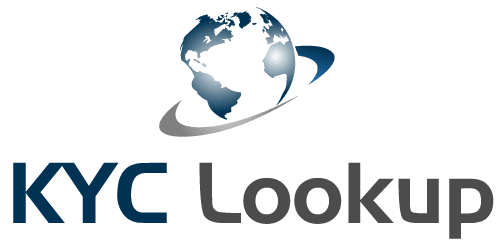11 Dec The Worlds main Sanction Regulatory Bodies
There are many sanction regimes programme around the world however there are 4 main sanction regimes which regulated industries follow in order to continue to comply with their AML rules and regulations. The main sanction regimes are OFAC, UN, EU and HMT.
Let’s take a closer look at each one of them and explain what they do.
The Office of Foreign Assets Control or better known as OFAC
Are the US department of Treasury. Their job is to target foreign countries and regimes, terrorists, international narcotics traffickers, those engaged in activities related to the proliferation of weapons of mass destruction, and other threats to the national security, foreign policy or economy of the United States.
The United Nations or the UN
Is an international organization founded in 1945. It is comprised by 51 countries committed to maintaining international peace and security, developing friendly relations among nations and promoting social progress, better living standards and human rights. Their 4 main objectives are:
- To keep peace throughout the world;
- To develop friendly relations among nations;
- To help nations work together to improve the lives of poor people, to conquer hunger, disease and illiteracy, and to encourage respect for each other’s rights and freedoms;
- To be a centre for harmonizing the actions of nations to achieve these goals.
The European Union (The EU)
Is a political and economic union comprising of 27 member states and are located in Europe. The EU values are common to the EU countries in a society in which inclusion, tolerance, justice, solidarity and non-discrimination prevail. Some of their main goals are to:
- promote peace, its values and the well-being of its citizens
- offer freedom, security and justice without internal borders
- sustainable development based on balanced economic growth and price stability, a highly competitive market economy with full employment and social progress, and environmental protection
- combat social exclusion and discrimination
Her Majesty’s Treasury or simply known as (HM Treasury)
Is the government’s economic and finance ministry, maintaining control over public spending, setting the direction of the UK’s economic policy and working to achieve strong and sustainable economic growth.
Their objectives are:
- achieving strong and sustainable growth
- reducing the deficit and rebalancing the economy
- spending taxpayers’ money responsibly
- creating a simpler, fairer tax system
- creating stronger and safer banks
- making corporate taxes more competitive
- making it easier for people to access and use financial services
- improving regulation of the financial sector to protect customers and the economy
Now let’s take a look at the list of Sanctioned Jurisdictions:
The list of countries with Sanctions varies as each sanction regime has its own list and level of sanctions, some are targeted to a specific industry, travel ban on named individuals or ban on import or raw materials and goods. However, there is a small list which is dedicated to those countries with wider Sanctions and being caught trading or doing business in those jurisdictions can have big ramifications.
These countries are:
- The Crimea region of Ukraine,
- the Democratic People’s Republic of Korea (also known as North Korea),
- the Islamic Republic of Iran,
- the Republic of Cuba, and
- the Syrian Arab Republic
What do companies need to do in order to avoid entering a relationship with a Sanctioned Party?
In order to avoid falling into the trap of trading or entering into a relationship with a Sanctioned party especially in regulated industries, companies must have written AML and sanctions policies, procedures, internal controls and systems to include the following non-exhaustive list:
- A customer identification program and procedures
- Procedures to collect and update customer due diligence information in line with the risk rating allocated to each customer
- Screening of customers including beneficial owners, associated parties and transactions against sanctions and other watch-lists
- Transaction Monitoring processes and systems to monitor customer transactions
- Training of employees on AML and sanctions requirements at the time of initial onboard as an employee and ongoing refresh AML training at a minimum of every year.
- Regular independent testing to all aspects of the AML process



No Comments